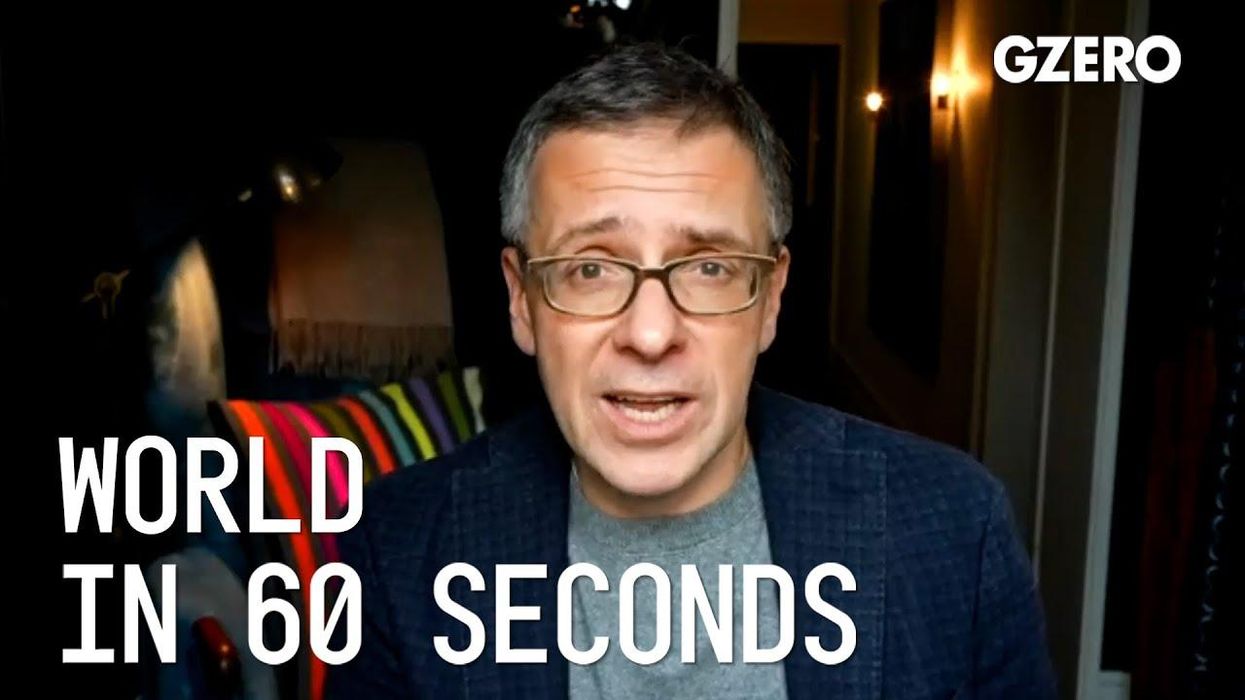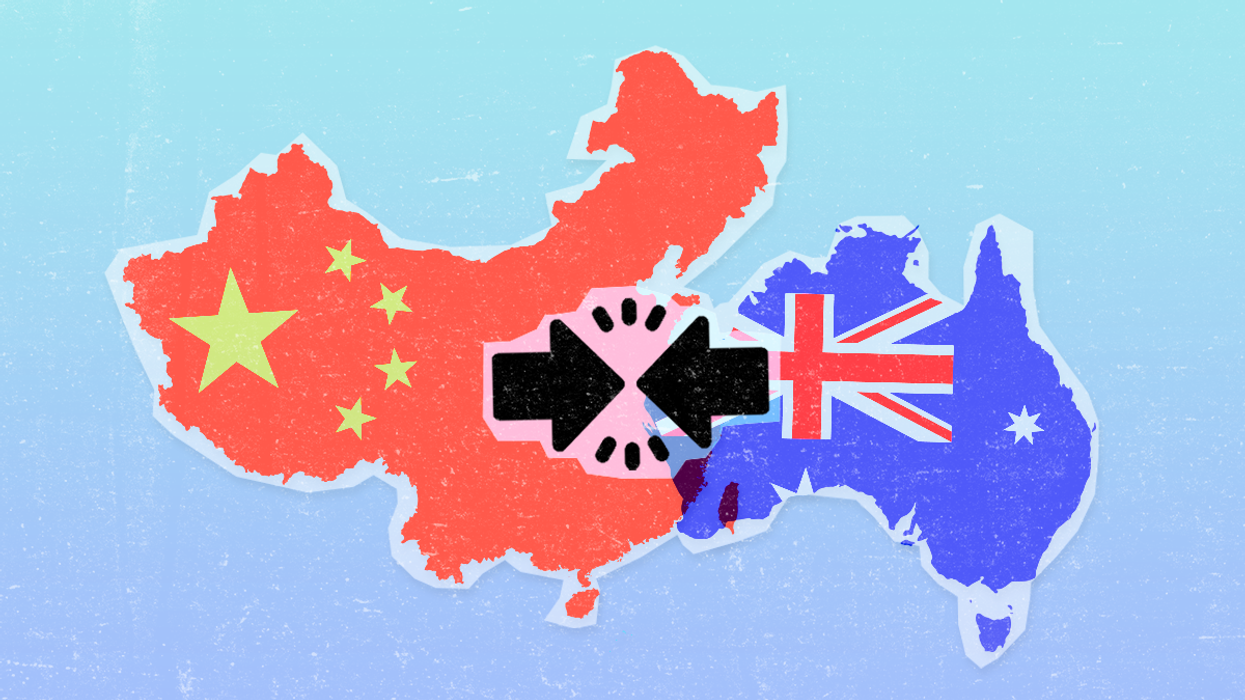ask ian
Immigration a Biden priority at Three Amigos Summit
What's on the agenda at the Three Amigos Summit? Is Russia on a path towards becoming a failed state? Will banning public Palestinian flag flying lead to further conflict in Israel? Ian Bremmer shares his insights on global politics this week on World In :60.
Jan 11, 2023


